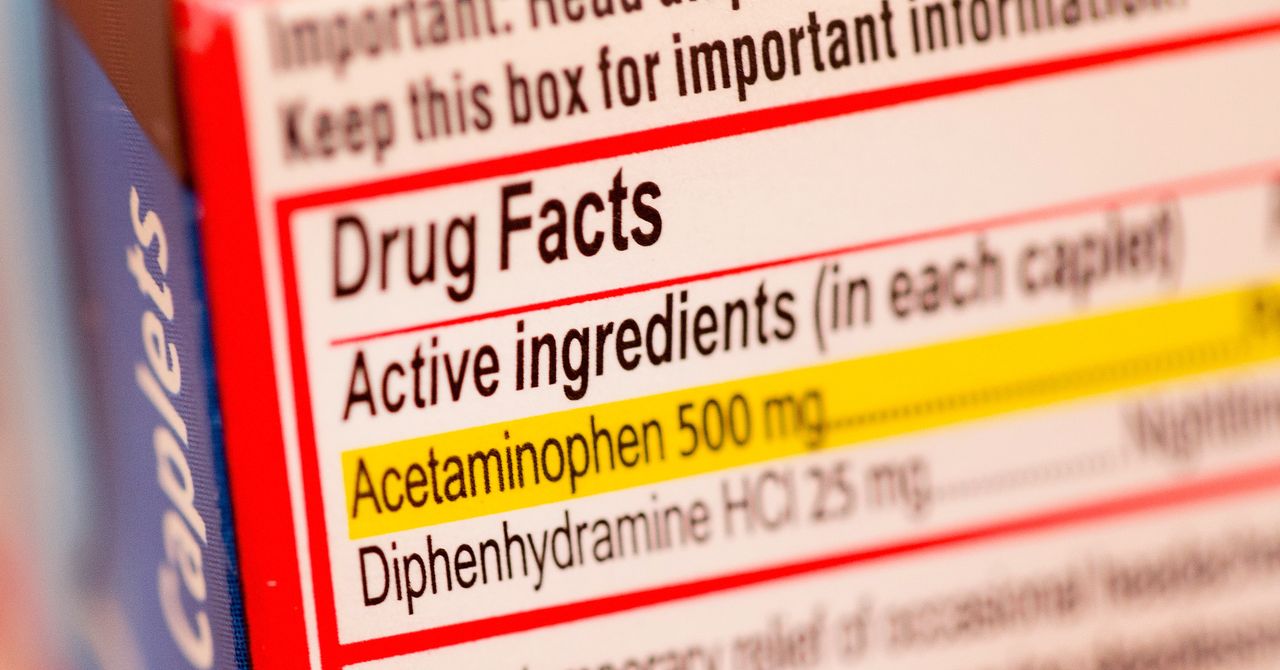For decades, the discussion around autism has been a hotbed of misinformation, misinterpretation, and bad science, ranging from the long-discredited link between the neurodevelopmental condition and vaccines, to newer claims that going gluten-free and avoiding ultra-processed foods can reverse autistic traits.
On Monday night, this specter arose again in the Oval Office, as President Donald Trump announced his administration’s new push to study the causes of autism with claims that the common painkiller Tylenol, otherwise known as acetaminophen, can cause the condition. The FDA subsequently announced that the drug would be slapped with a warning label citing a “possible association.”
David Amaral, professor and director of research at the UC Davis MIND Institute, was among those watching in dismay as the president launched into a diatribe about Tylenol, repeatedly warning pregnant women not to take it, even to treat fevers.
“We heard the president say that women should tough it out,” says Amaral. “I was really taken aback by that, because we do know that prolonged fever, in particular, is a risk factor for autism. So I worry that this admonition to not take Tylenol is going to do the reverse of what they’re hoping.”
The speculation surrounding Tylenol stems from correlations drawn by some studies that have touted an association between use of the painkiller and neurodevelopmental disorders. One such analysis was published last month. The problem, says Renee Gardner, an epidemiologist at the Karolinska Institute in Sweden, is that these studies often reach this conclusion because they don’t sufficiently account for what statisticians describe as “confounding factors”—additional variables related to those being studied that might influence the relationship between them.
In particular, Gardner points out that pregnant women needing to take Tylenol are more likely to have pain, fevers, and prenatal infections, which are themselves risk factors for autism. More importantly, given the heritability of autism, many of the genetic variants that make women more likely to have impaired immunity and greater pain perception, and hence use painkillers like acetaminophen, are also linked to autism. The painkiller use, she says, is a red herring.
Last year, Gardner and other scientists published what is widely regarded within the scientific field as the most conclusive investigation so far on the subject, one that did account for confounding factors. Using health records from nearly 2.5 million children in Sweden, they reached the opposite conclusion to the president: Tylenol has no link to autism. Another major study of more than 200,000 children in Japan, published earlier this month, also found no link.
Doctors are worried that Trump’s claims will have adverse consequences. Michael Absoud, a pediatric neurodisability consultant and a researcher in pediatric neurosciences at King’s College London, says he fears that pregnant women will start using other painkillers with a less well-proven safety profile.
Gardner is concerned that it will also lead to self-blaming among parents, a flashback to the 1950s and ’60s, a time when autism was wrongly attributed to emotionally cold “refrigerator mothers.” “It’s making parents of children with neurodevelopmental conditions feel responsible,” she says. “It harks back to the early dark days of psychiatry.”



